
Postural Screening
Postural Assessment
Why it matters and how to improve your posture.
Do you find yourself slouching at your desk, or feeling discomfort in your back and neck after a long day of work? Poor posture can lead to a variety of health problems, including headaches, back pain, and even respiratory issues. In this article, we’ll explore the importance of postural assessment and provide tips for improving your posture.
Why postural assessment matters
Postural assessment is the process of analysing the alignment and movement of your body to identify any imbalances or dysfunction. This assessment can be performed by a healthcare professional, such as one of our physiotherapists or chiropractors. The benefits of postural assessment include:
Identifying imbalances: Postural assessment can identify imbalances in the body that may be contributing to pain or discomfort. For example, a person with a tilted pelvis may experience back pain due to the uneven distribution of weight on their spine.
Preventing injury: By identifying imbalances early on, postural assessment can prevent injuries from occurring. For example, a runner with poor posture may be more prone to knee injuries due to the added stress placed on their joints.
Improving athletic performance: Proper posture is essential for optimal athletic performance. By identifying and correcting imbalances, athletes can improve their balance, stability, and range of motion, which can lead to better performance and fewer injuries.


Tips for improving your posture
Now that we’ve discussed the importance of postural assessment, let’s explore some tips for improving your posture.
Be mindful of your posture: The first step in improving your posture is to be aware of it. Take a few minutes throughout the day to check in with your body and make adjustments as needed.
Use proper ergonomics: Whether you’re at work or at home, make sure your environment is set up for proper posture. This may include adjusting your chair or computer monitor or using a standing desk.
Strengthen your core: A strong core can help support good posture. Incorporate exercises such as planks and bridges into your workout routine to strengthen your abdominal and back muscles.
Stretch regularly: Tight muscles can contribute to poor posture. Incorporate mobility into your daily routine to help improve flexibility and range of motion.
Seek professional help: If you’re experiencing pain or discomfort due to poor posture, consider seeking the help of a healthcare professional. Our physiotherapists and chiropractors can perform a postural assessment and provide exercises or treatments to help correct any imbalances.
Postural assessment is an important tool for identifying imbalances in the body and preventing injuries. By being mindful of your posture and incorporating the tips outlined above, you can improve your posture and reduce the risk of pain and discomfort. Don’t hesitate to seek the help of a healthcare professional if you’re experiencing any issues with your posture.

Start your health journey with better understandings.
We are here to provide you with the most comprehensive care for your well-being, so book online or call today.
What we do
Your wellness solutions
-

-
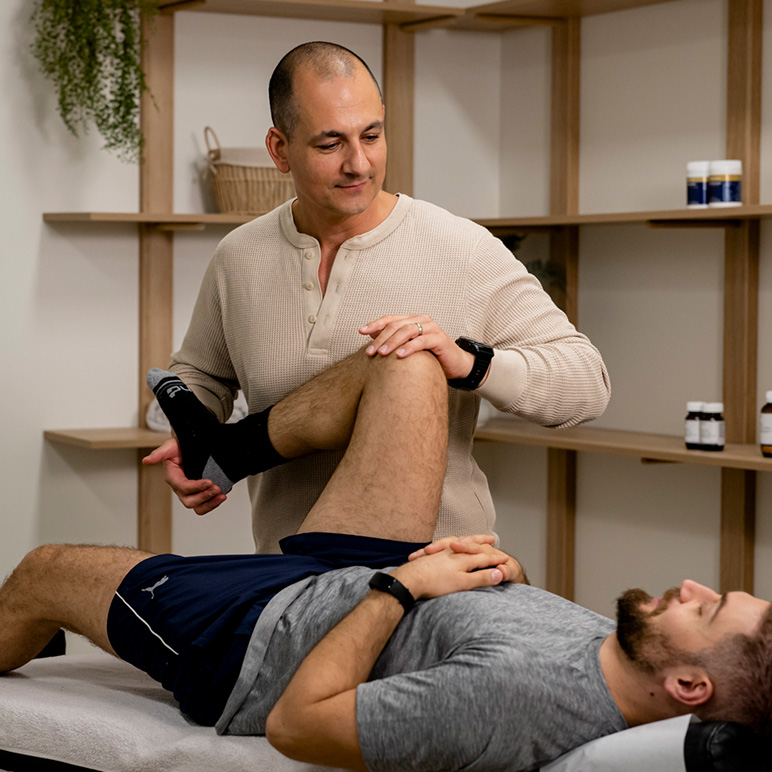
Osteopathy
Read MoreDiscover the healing power of osteopathy: A personalised approach to your wellbeing
-

-
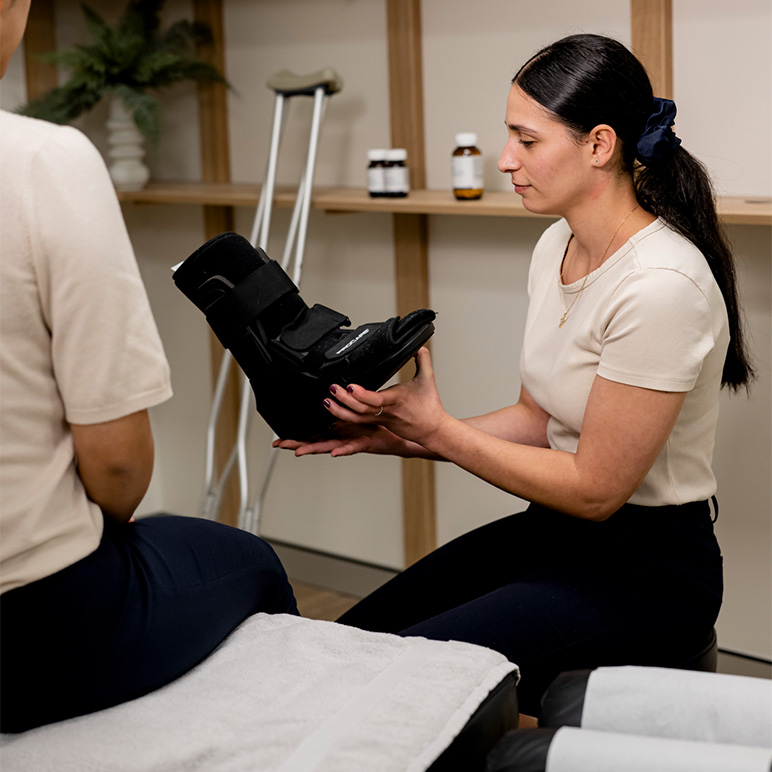
-

-

-
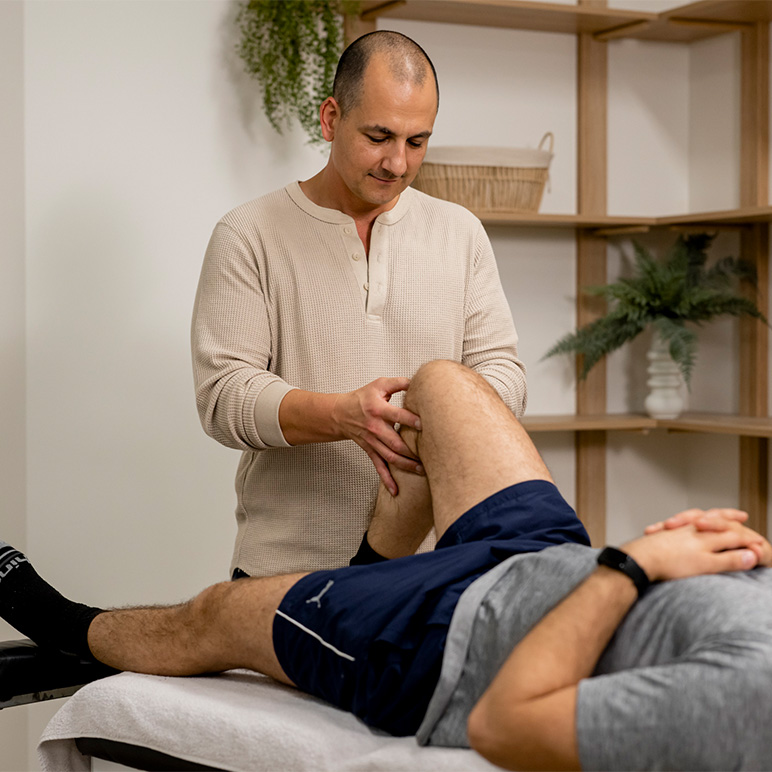
-

-
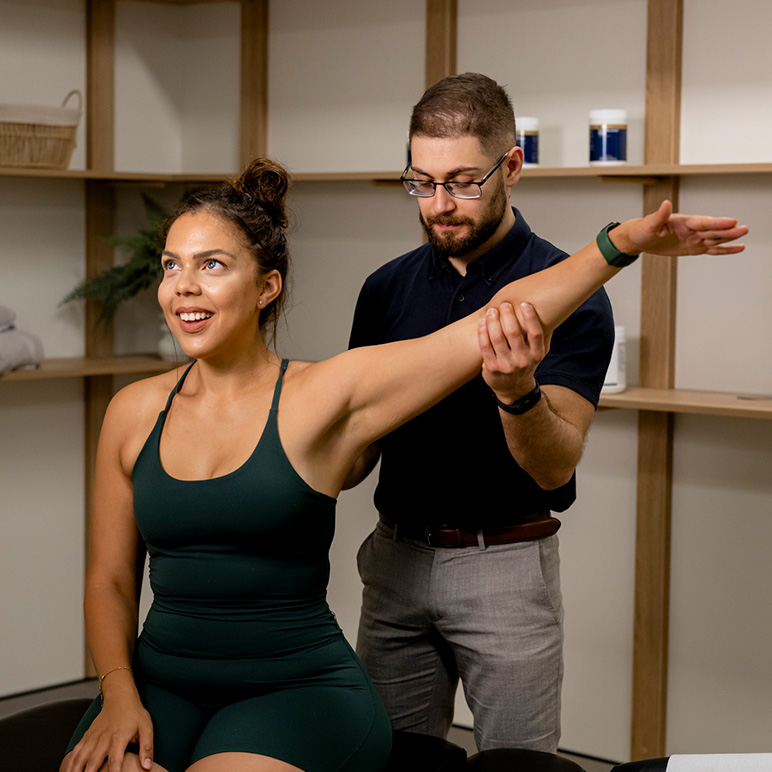
-
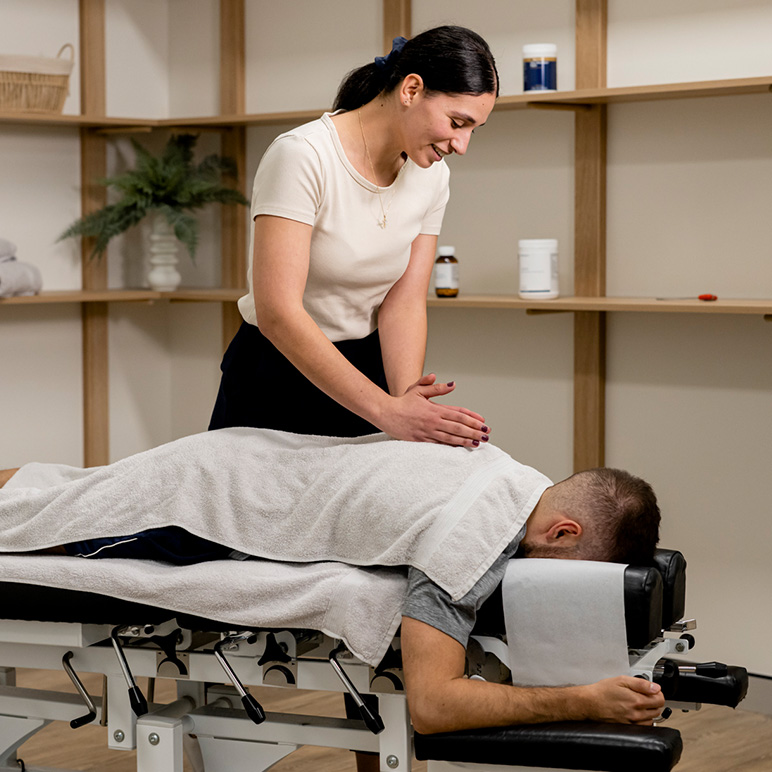


 Find Us
Find Us  (02) 8781 4288
(02) 8781 4288